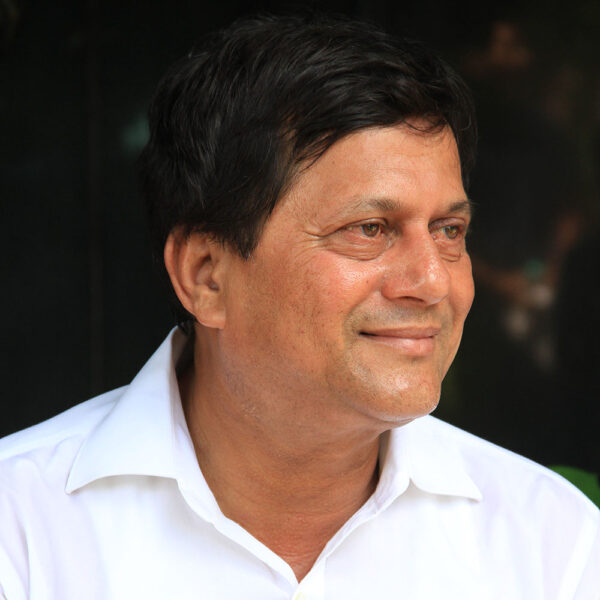Rationale
In the arena of development especially in India, community development has a trajectory well documented. Over a period of time, its importance, of course with relevant changes in its dimensions and approaches, has been increasingly felt. Several players including government and non-government organizations have sharpened different community development models in their endeavour to bring changes in the lives of people. The theories and practices of community development have been initiated in India by several veterans taken from ideologies developed by Gandhi and Vinoba Bhave and many models have been borrowed and adopted from the West also.
Inspite of various experiments in the field of community development and attempts to broadbase its reach and quality, a large section of India’s population in different contexts, viz, urban (slums), Dalits and tribal people and cutting across classes, women continue to be deprived of many aspects of modern development. With this background, there is a need of thorough understanding of community development processes retrospectively by the development facilitators (professionals) not only to indentify the gaps and the missing links in the process of community development over a period of time in India, but also to look for better prospects for the most vulnerable sections and those who have been excluded of the process, particularly women.
The course will also introduce students to a range of community development concepts and approaches that have been introduced in the literature, will develop the techniques and strategies of theory building, and will demonstrate the applications of community development theory in practice.
Course Objectives
Based on the above background, this course is designed to augment the students’ perspective on community development from a theoretical perspective. The following are the specific course objectives:
- To comprehend different perspectives and approaches for community development in India
- To understand the current issues, approaches, strategies and programmes for the development of the communities in rural, urban (slum), Dalit and tribal contexts;
- To improve ability of students in visualizing the future challenges and necessities in the process of community development.
- To ensure inclusion of the most vulnerable sections in the area of community development, with special reference to women.
Outline
This course is an opportunity for students to explore, and apply an interdisciplinary set of theories useful for understanding and acting within the professional and academic field of community and regional development. The many theoretical as well as –and thus- political approaches we will discuss in this course are meant to let the participants understand why the business of community development is a constant, never ending, and often contradictory process of shifting social figurations.
As a result this course will cover 5 main areas. It will start with examining the meaning of the concept from a geo – political dimension, by examining the history of the institutions that it has introduced over a period of 7 decades in independent India and their efficacies and roles in bringing in change. It will also examine the socio economic vulnerability of sub altern people and help the student develop an understanding on the lop sided growth models, in which several sections of people continue to be missed out.
The course will examine the participatory processes and plans developed by academic and rights based institutions like micro level plans and participatory processes to familiarize the students with the intricacies and effectiveness of planning with people.
The course will also go through an examination of some of the relevant Acts and Policies that have emerged in the last few decades, which have been instrumental in carrying forward the benefits of growth and change to the most excluded communities and people.
| Module No | Sessions | Topics to be covered |
| 1. History and Basic Concepts | 6 |
|
| 2. The most vulnerable sections and protective laws | 5 |
|
| 3. Participatory Techniques | 3 |
|
| 4. Field strategies | 4 |
|
| 5. Some major policies | 5 |
|
Pedagogy
- Lecture method to understand and analyse different development theories.
- Application of different analytical frameworks
- Case studies
- Field visit
Evaluation Pattern
- Daily Recall, 10 minutes: 10%
- Quiz: 10%
- Assignment / Case Study: 20%
- Mid Term Exam:20%
- End Term Exam: 40%
References:
- Community Organization and Development: An Indian Perspective by Asha Ramgonda Patil
- Everybody Loves a Good drought : P. Sainath
- Development Planning: The Indian Experience Paperback – by Chakravarty Sukhamoy

